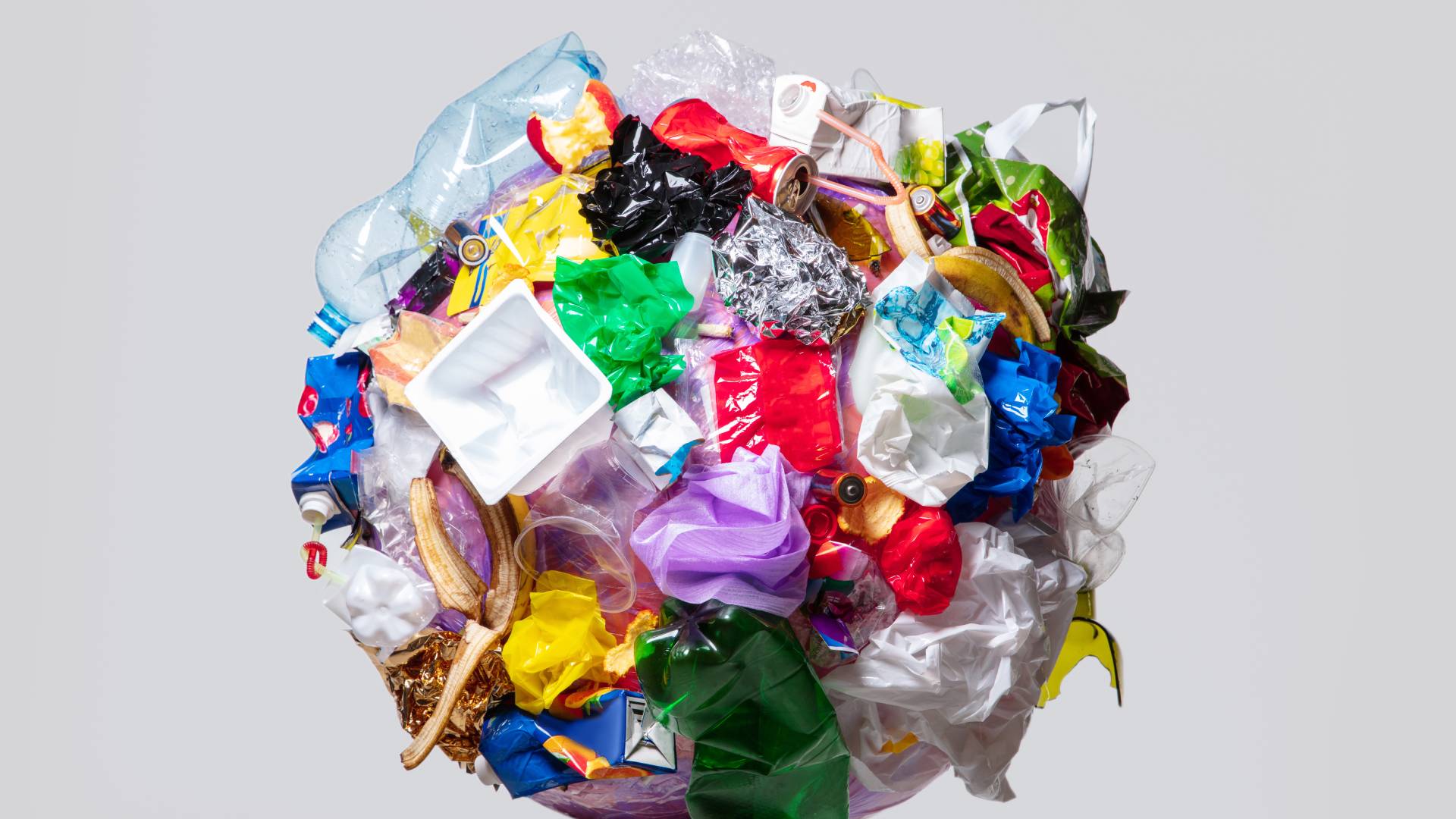How To Train Your Team on Waste Management Best Practices

It’s unavoidable—every business generates waste. But generating waste doesn’t just mean making the mess. Businesses must also determine how to collect and dispose of it while staying under budget. It’s also important to learn how to reduce waste and conserve materials for greater savings. Explore how to train your team on waste management best practices today. After all, a better-educated workforce is a more effective one!
The Importance of Waste Management
Effective waste management goes beyond simply reducing the amount of waste you produce (though reducing your status as a waste generator is a worthy goal). It involves a strategic approach to handling different types of waste—municipal solid waste, industrial waste, hazardous waste, and construction debris. Training your team to categorize and manage these waste types is the first step in implementing a successful waste management program. This awareness contributes to a cleaner environment and enhances efficiency and profitability.
Conducting a Comprehensive Waste Audit
As you work to manage your waste, first figure out where it’s coming from and how much the various processes produce. Waste audits identify your business’ main waste sources and types of waste. Collect and sort waste into categories over time and note how much of each waste type operations can generate along with the overall weight, quantity, and other markers.
Afterward, analyze the data, determine where improvement is necessary, and set baselines for future waste reduction targets. Involve your team in the audit process and foster a culture of accountability and continuous improvement. A detailed waste audit lays the foundation for implementing effective waste management strategies.
Implementing the Three R’s
You’ve probably heard of the three r’s. No, not the ones you learned in school. These three r’s are reduce, reuse, and recycle, and they’re the pillars of effective waste management. Begin by training your team in ways to reduce waste production without compromising quality. Cover topics such as using minimal packaging and packing materials for deliveries, for example, or going paperless and digital with records. Naturally, set up recycling stations and educate your team on the types of materials that can be recycled.
Engage and Educate Employees
Employee engagement is crucial. Train your team through workshops, seminars, and hands-on activities to help them understand the importance of waste management and feel empowered to contribute ideas. Encourage a culture of reuse by asking employees to find innovative ways to repurpose materials and supplies.
You also want to reward strong ideas. For example, if an employee shows a way to use leftover materials from one project in another, recognize them and provide a bonus, gift, or similar form of positive reinforcement. Implementing a comprehensive waste management program both enhances sustainability efforts and boosts employee morale and innovation.
Leveraging Technology
Technology plays a vital role in modern waste management. Certain tools and platforms offer insights into your company’s waste generation and provide recommendations for improvement. Devices and software are available for real-time waste tracking, analyzing waste data, and optimizing recycling processes. You can also follow waste management and recycling sites and newsletters to discover ideas that may not have occurred to you. Share articles with employees and celebrate those who apply that knowledge to their daily duties.
That’s a short guide on how to train your team on waste management best practices. Implementing these strategies will make improving and adjusting waste generation into a team effort, benefiting both the ecosystem and your bottom line!






